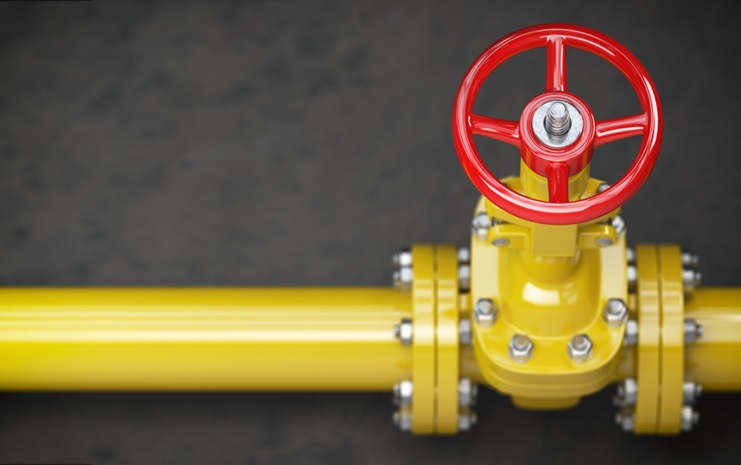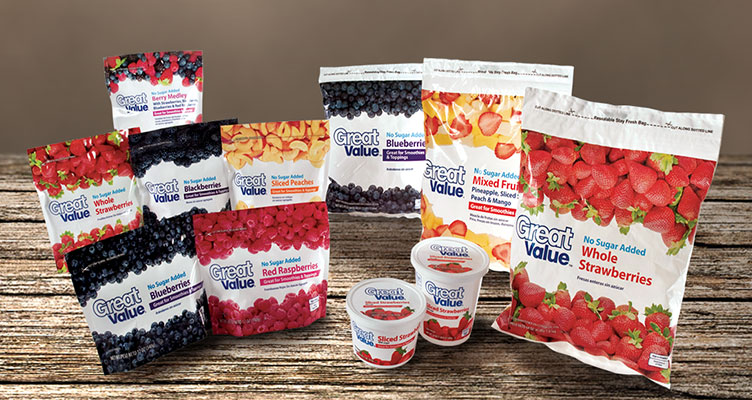How to Choose the Best Control Valve

Looking for the best control valves for your fluid systems?
It pays to know your control valves, especially if you are working on fluid systems. There are countless control valve options out there with so many factors to consider.
Don’t know where to start? If you need help in deciding on which control valve is best for your fluid system, here are some things to consider.
How Does a Control Valve Work?
If you want to regulate the flow at a certain point in your fluid system, you need a control valve. It works by blocking part of or the whole opening through which the fluid passes.
Control valve technology has gone much farther than this simple definition. There are various styles, sizes, and materials to look out for.
Make Sure the Control Valve Meets the Industry and Country Standards
Be responsible when engineering your fluid system. Make sure that it meets the industry and country standards. You can consult standards by American Petroleum Institute for fluid systems involving fuels.
What Kind of Fluid Will Flow Through?
When you see the word fluid in relation to pipes, it refers to any material that deforms from an external force. This can be a liquid, gas, or anything that flows.
Each fluid has its own properties. To find the best control valve for your fluid system, here are some questions you can ask:
- Is it a liquid or a gas?
- Is it inert or reactive?
- If it is reactive, what conditions make it so?
- Is it hazardous?
- Is it corrosive?
- Is it combustible?
For example, pinch valves are for corrosive fluids. They are also used for grainy or abrasive ones such as cement, sand, and powders. It’s best to know your fluid first so you know what to look for in a control valve.
Note the Temperature and Pressure Range of the Fluid
The temperature and pressure ranges of the fluid are crucial. Some control valves can withstand higher temperatures.
The same goes for pressure. The higher the pressure, the higher the force the fluid exerts on the walls of the valve. In higher temperatures, there also tends to be pressure on the superior part of the valve.
Did you know that temperature and pressure affect each other? This is true, especially for gases. We call this relationship Gay-Lussac’s Law.
Make Sure It Fits Into Your Design
The general configuration of the fluid system will have specific requirements. For example, will it be upstream or downstream? What are the flow rates and piping size?
Once you have your fluid and fluid system down, you can start hunting for the perfect control valve. Anything Flows offers a wide range of control valve options you can choose from.
The Control Valve Is a Crucial Piece in Fluid Systems
You have what you need to get you started in searching for the new control valve for your fluid system. Remember that you base the control valve on the fluid and design and not the other way around. Make sure that your fluid system meets the industry and country standards too!
Do you find fluid systems and mechanics fascinating? Why not check out our other articles to learn more!






